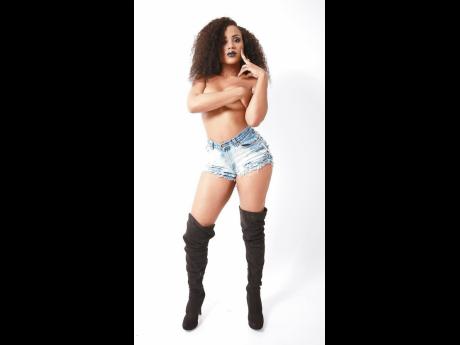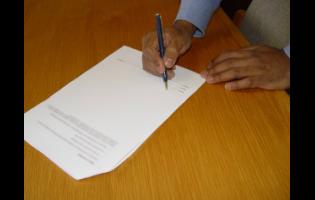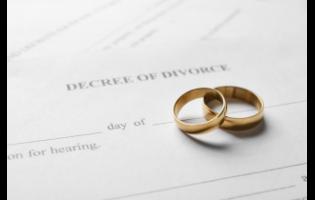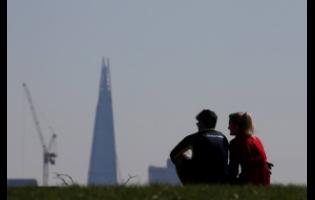Equal rights and slackness
'And fi a long, long time the man Peter Wailer in the wilderness wailing, there can be no peace, no peace, no peace until there's equal rights, equal rights and justice, tice, tice..."
I don't know about you, but whenever I hear the words 'equal rights and justice' the picture that comes to mind is a riveting image of dub poetry pioneer Oku Onuora with head thrown back, body arching backwards and voice rocketing skywards as he passionately recites those words from his classic poem, Reflections in Red.
When I hear 'equal rights and justice', I similarly reflect on the work and teachings of Marcus Garvey Jamaica's international icon of Pan-Africanism and black nationalism, who spoke eloquently in defence of the rights of peoples of African descent who suffered grave injustice under slavery and colonialism. The words 'equal rights and justice' also evoke moving memories of US civil rights leader Martin Luther King Jr. I'm especially moved to remember his poignant 'I have a dream' speech of August 1963.
APARTHEID REGIME
Yeah, the words 'equal rights and justice' also remind me of Nelson Mandela, revered South African leader who resisted the racist apartheid regime, fought for the rights of the majority black population of his nation, and spent 27 years in prison before being released to become the country's first black president. And I think of his former wife, Winnie Mandela, who suffered detention, house arrest, torture and more as she kept the movement alive and continued the struggle during his time in prison
For me, the words 'equal rights and justice' also conjure thoughts of Mahatma Gandhi, the lawyer, politician, writer, social activist and leader of the nationalist movement in India who challenged the British colonial powers in his country, using non-violent civil disobedience.
That's why I shudder with horror and shame to discover how those words have been corrupted in recent times. I've said 'equal rights and justice' in discussions with young people on three separate occasions in the past weeks. And in each case, the response is a blend of disgust, embarrassment and amusement because, thanks to one dancehall tune, they can now only think of those words in the context of women's equal rights to enjoy oral sex. And when I Google the words, the first name I see is Ishawna. I think that slackness is an affront to Peter Tosh's seminal song that Oku referenced in his poem. What you think?






































